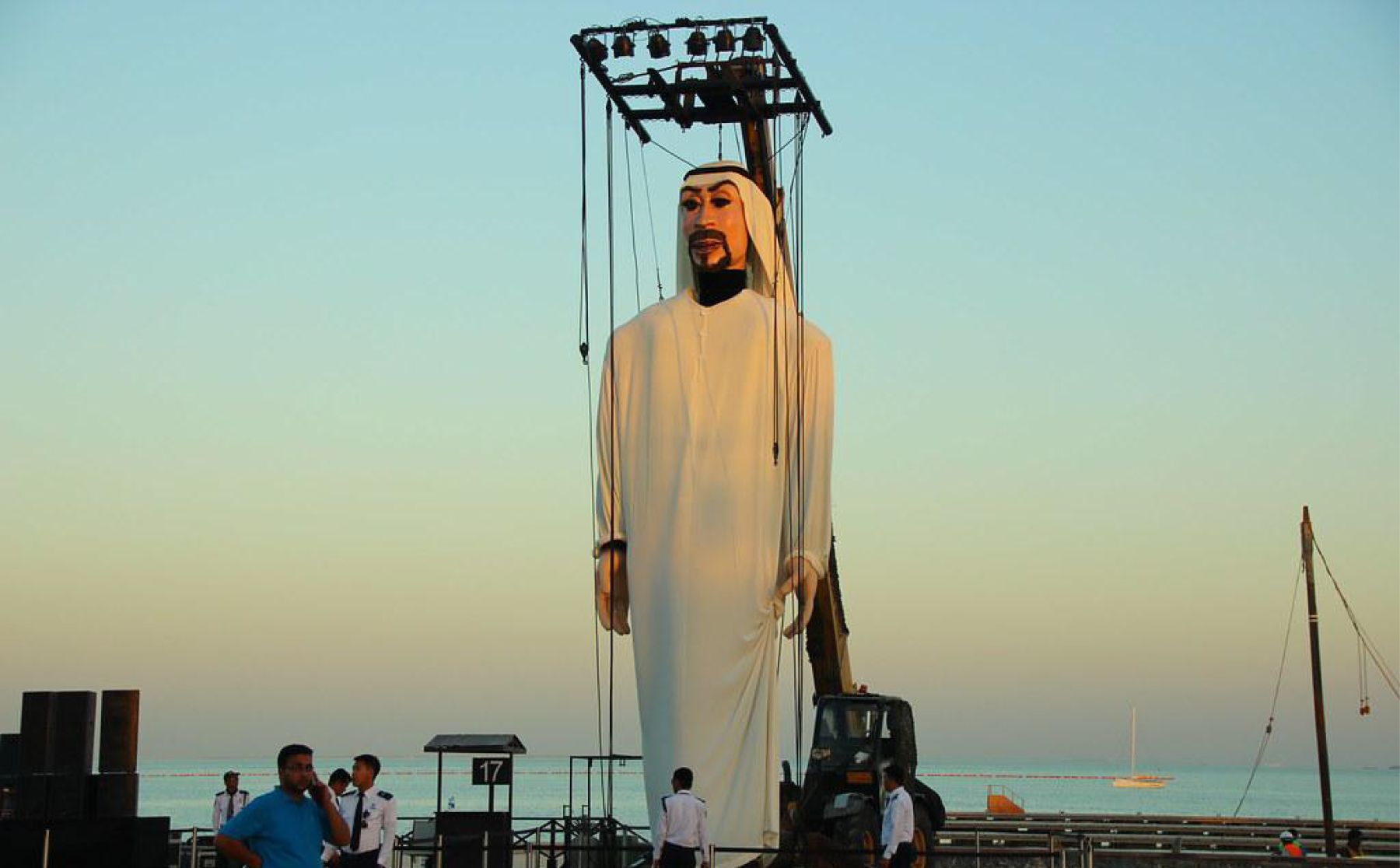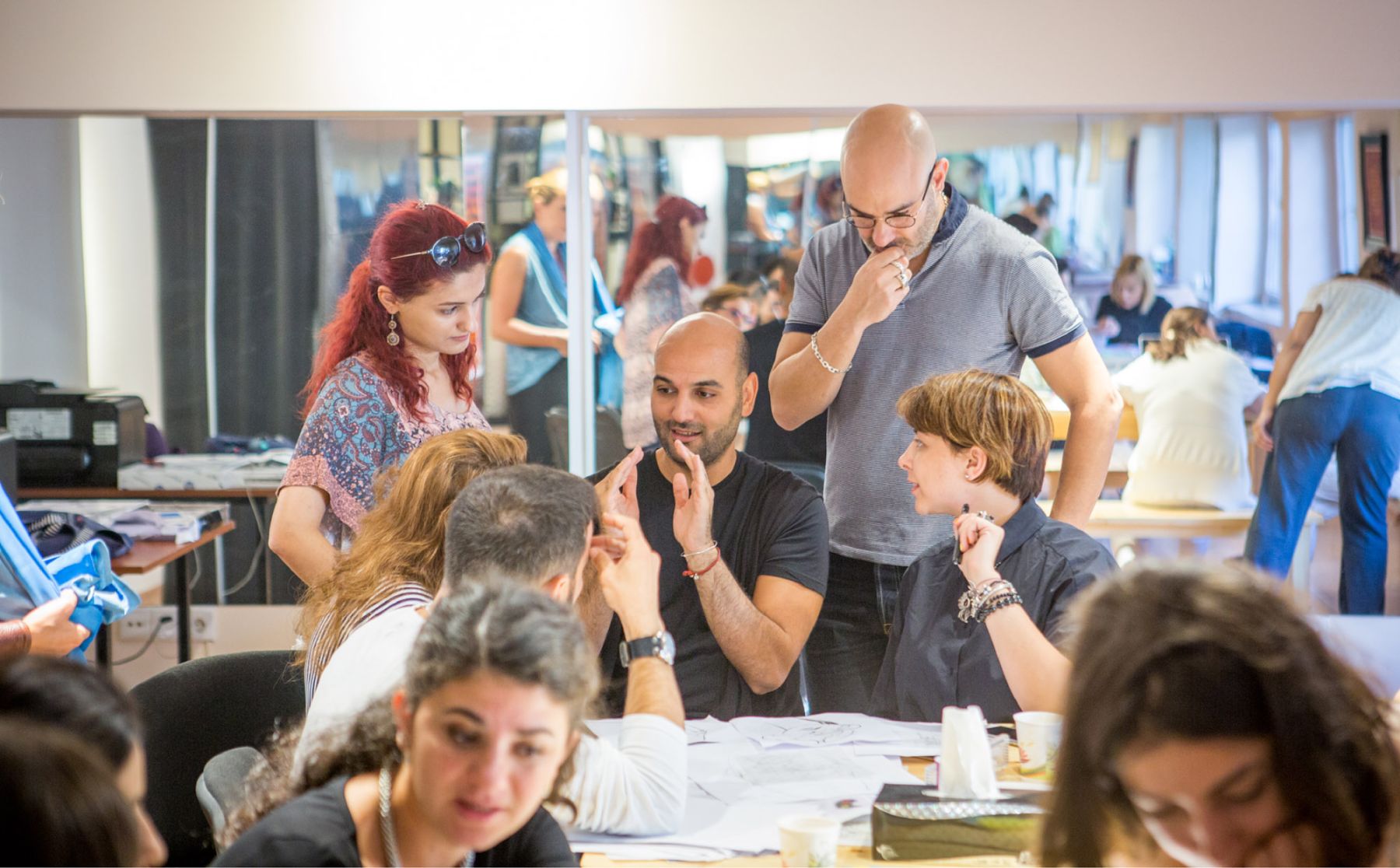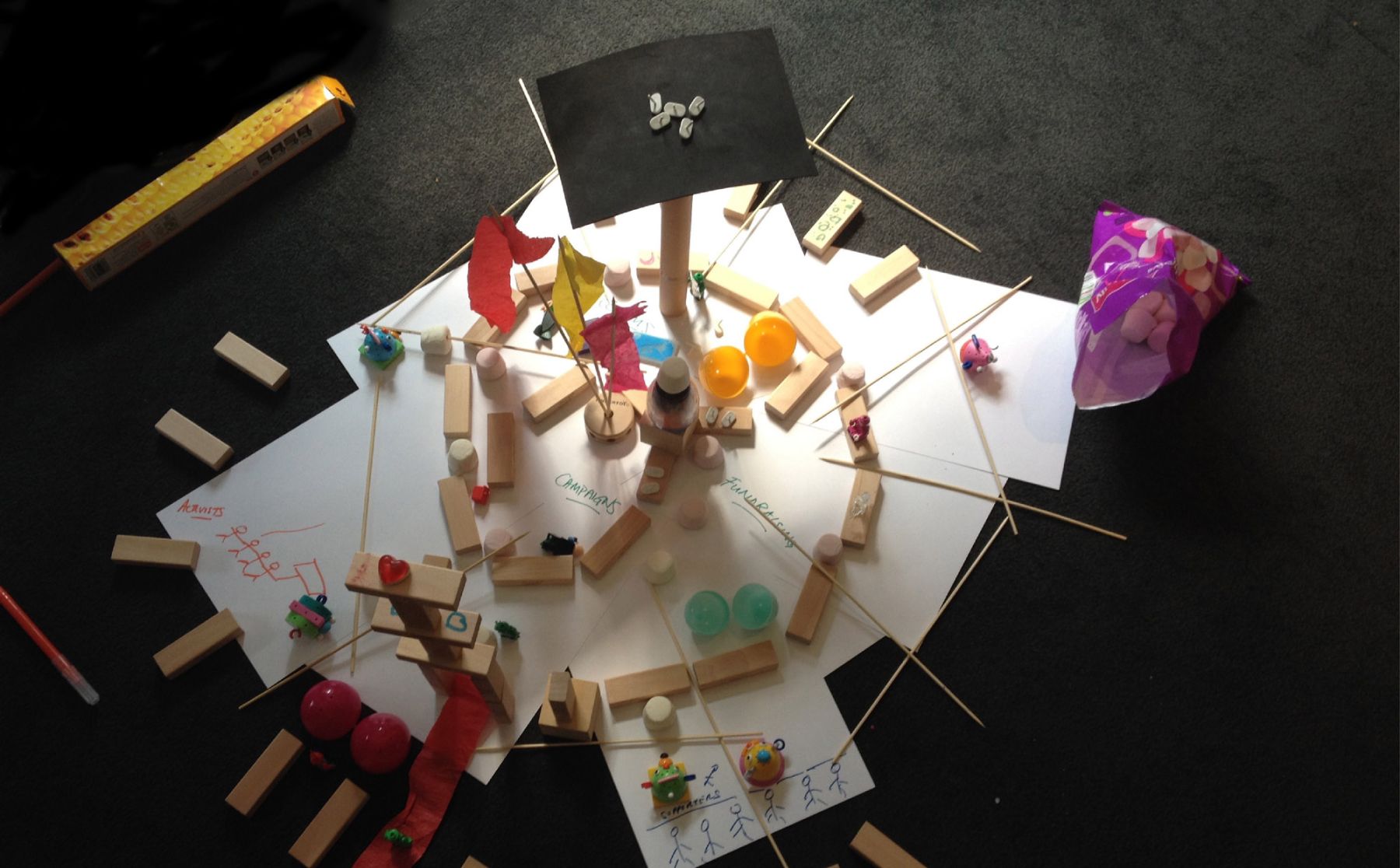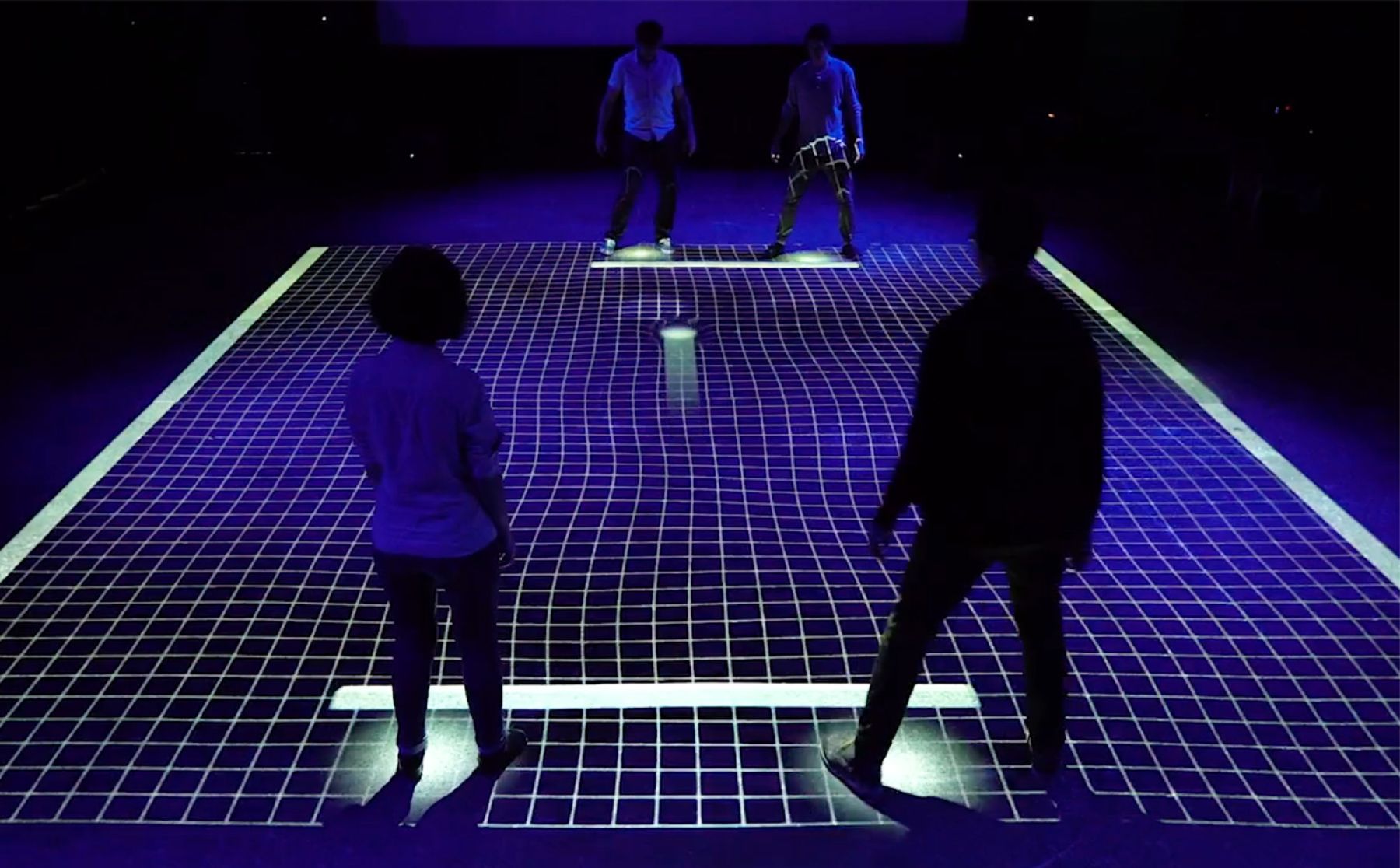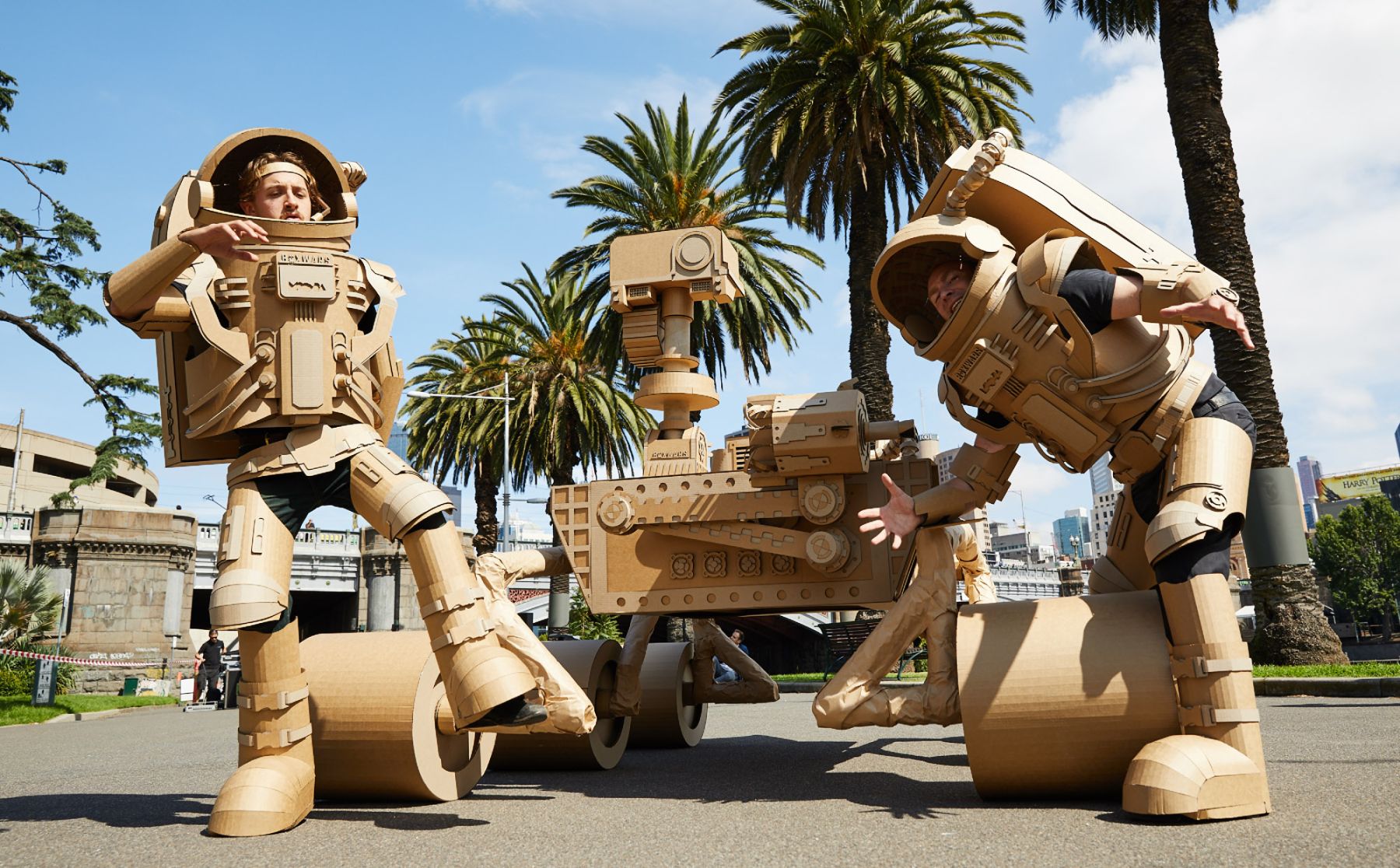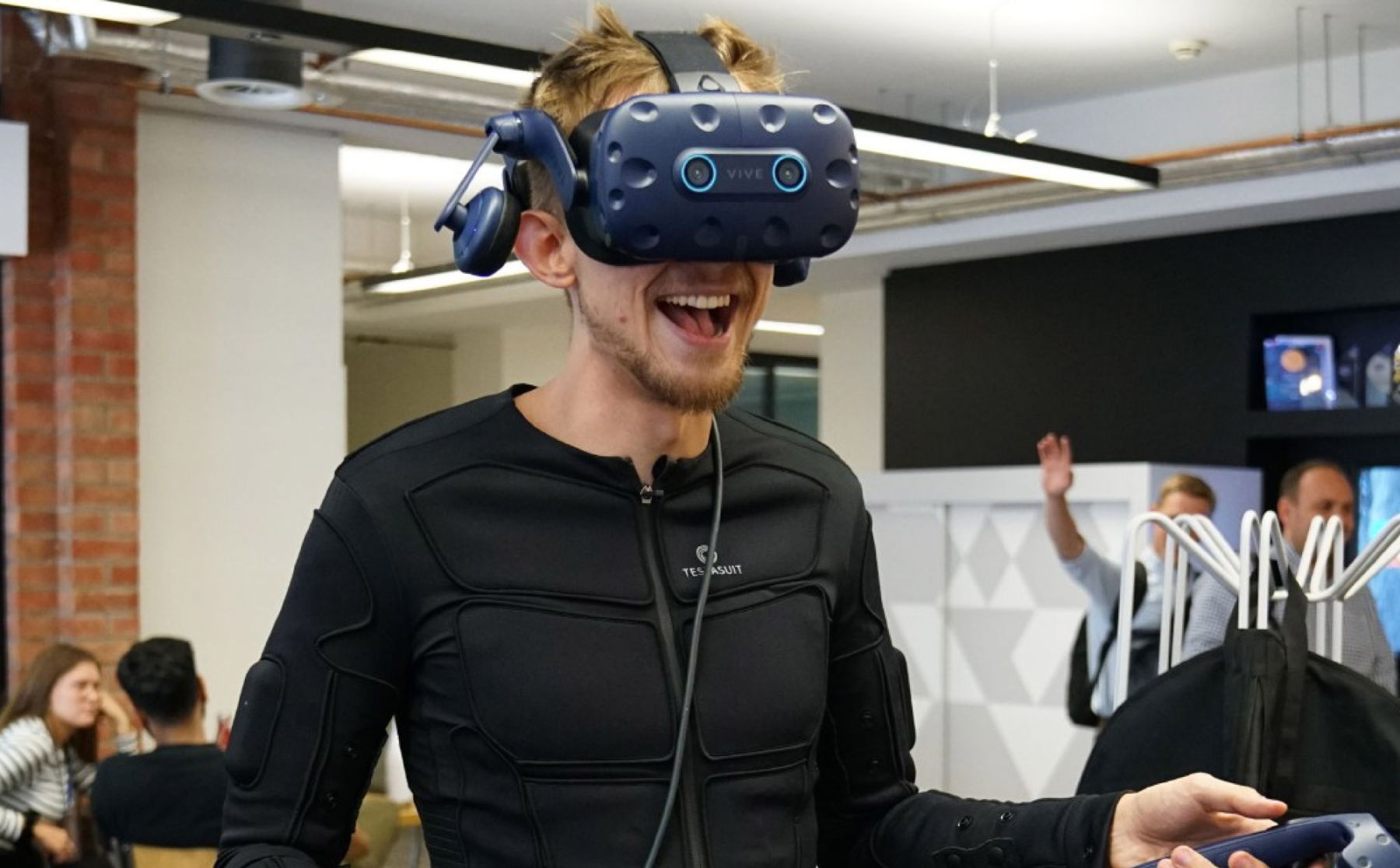The Wooden Box
Celebrating World Television Day: The Wooden Box
“You don’t own a TV? What’s all your furniture pointing at?” Joey Tribbiani (portrayed by Matt LeBlanc) asked, ranking the television’s spot in modern furnishings on the sitcom Friends.
Laughter from a show echoes throughout living rooms, an action films’ crashes and explosions erupt, or the jingle from a news channel plays. A TV is more than an electronic box with couches respectfully “pointing” at it. Television provides so much—from worldwide news, to documentaries on great discoveries and series that hooks millions of viewers.
When I Love Lucy ranked as the #1 show in the United States in 1955, TV was introduced further east for the first time. The Kingdom of Saudi Arabia had been an enigma to the world, and televised entertainment was uncharted territory to the Saudi people. A wooden box changed that. News flew in and through the country. Soon enough, film and shows were a topic of discussion among friends and family.
Through TV, Saudi culture meets American culture—followed by Turkish, Egyptian, Kuwaiti, Spanish, and many others. The screen unveils our world—with a click of a button, we are transported to new countries, discovering new cultures and languages. We are able to flip through channels and be enthralled by many creative movies and shows in a plethora of genres.
With technological advancement, the entire TV planted itself into our laptops and mobiles, and the TV remote control converted to a tap on a keypad or a scroll through our phones. It can be easily overlooked with the modern excess of entertainment and news, but we carry television in our pockets.
YouTube gave us the option to start our own channels and be our own directors. Netflix allowed us the privilege of binge-watching and pausing shows and movies without commercial breaks. We can also stream 1950s films or today’s latest blockbuster online. Today’s ordinary was yesterday’s improbable.
In 2018, when Saudi Arabia opened cinemas in the Kingdom for the first time in 35 years, Saudi creatives put their film passions to use. A unique culture with a unique history beamed onto the screen—the Netflix screen.
Netflix bought the rights to air six Saudi produced films, collectively titled Six Windows in the Desert, including the Ithra-produced film Wasati. This brought the Saudi film industry to hundreds of millions of viewers; allowing Saudi filmmakers to be recognized. Global audiences were able to peek through the curtains into films from the Arab world.
Through action-packed films, tear-jerking dramas and hilarious comedies, television brought entertainment into our everyday routines. Global news circulated in every home and diversity seeped into our daily lives via the screen. Television—whether on our computers, smartphones or good old-fashioned TV’s—has promoted culture, shared knowledge and art, announced news, and continues to be a tool in creativity.
Most of us can remember the 90s wooden TV set. Kids played Nintendo 64 on it, parents watched news, and other nostalgic memories come to mind. Saudi audiences remember Nasser Al Qasabi’s comedic acts on Tash ma Tash--the satire comedy that ran from 1993 to 2011—while others recall major global events that shaped the century. Masterpieces flicked on screens, while we sat and watched, magnetized by them.
TV earned its day on November 21—World Television Day. It shares, gives, airs, and dares to host more data than imaginable. The once wooden box morphed into one of the most powerful tools at our disposal—it is the magnificent, the one and only, the TV.
Written by:
Nora Al-Taha


